Intro
Stay updated on Covid 2024 symptoms, transmission, and prevention methods, including vaccine efficacy, pandemic trends, and global health responses to mitigate coronavirus outbreaks and variants.
The COVID-19 pandemic has been an unprecedented global health crisis, affecting millions of people worldwide. As the pandemic continues to evolve, it's essential to stay informed about the latest developments, particularly when it comes to symptoms. The year 2024 has brought new updates and insights into the symptoms of COVID-19, and it's crucial to understand these changes to protect ourselves and our loved ones. In this article, we'll delve into the latest information on COVID-19 symptoms, exploring what's new, what's changed, and what we can expect in the future.
As we navigate the complexities of the pandemic, it's clear that COVID-19 symptoms can vary widely from person to person. While some individuals may experience mild symptoms, others may face severe and debilitating effects. The virus has also shown a remarkable ability to mutate and adapt, leading to new variants and strains that can affect symptoms and transmission rates. Staying up-to-date with the latest research and guidelines is vital to mitigate the spread of the virus and ensure the best possible outcomes for those affected.
The COVID-19 pandemic has also highlighted the importance of global cooperation and communication in responding to public health crises. As scientists and researchers work tirelessly to develop new treatments and vaccines, it's essential to share knowledge and best practices across borders and disciplines. By working together and staying informed, we can build a stronger, more resilient global community that's better equipped to face the challenges of COVID-19 and future pandemics.
Covid 2024 Symptoms Overview

The symptoms of COVID-19 can be divided into several categories, including respiratory, cardiovascular, and neurological effects. Common symptoms include fever, cough, fatigue, and shortness of breath, while more severe cases may involve pneumonia, acute respiratory distress syndrome, and even death. The virus has also been linked to a range of long-term effects, including chronic fatigue, cognitive impairment, and increased risk of cardiovascular disease.
Respiratory Symptoms
Respiratory symptoms are among the most common effects of COVID-19, ranging from mild cough and sore throat to severe pneumonia and respiratory failure. These symptoms can be caused by the virus itself or by secondary bacterial or fungal infections. In severe cases, respiratory symptoms can lead to acute respiratory distress syndrome (ARDS), a life-threatening condition that requires intensive care and ventilation support.Covid 2024 Transmission Update
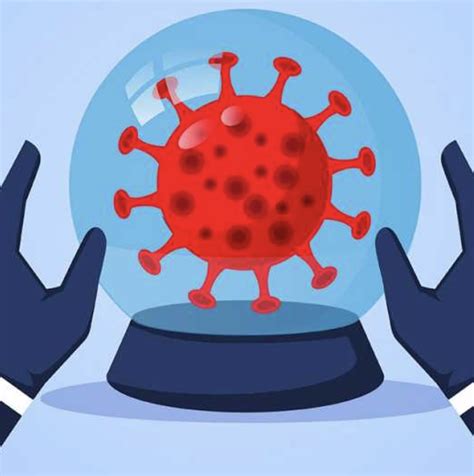
The transmission of COVID-19 is a complex process that involves multiple factors, including viral load, contact duration, and environmental conditions. The virus can be spread through respiratory droplets, contact with contaminated surfaces, and even airborne transmission in certain circumstances. Understanding the transmission dynamics of COVID-19 is crucial to developing effective prevention and control strategies, including vaccination, masking, and social distancing.
Vaccination Efforts
Vaccination has been a critical component of the global response to COVID-19, with multiple vaccines developed and deployed worldwide. These vaccines have been shown to be highly effective in preventing severe illness and death, although their effectiveness can vary depending on factors such as age, underlying health conditions, and viral strain. Ongoing vaccination efforts aim to protect vulnerable populations, prevent transmission, and ultimately achieve herd immunity.Covid 2024 Treatment Update
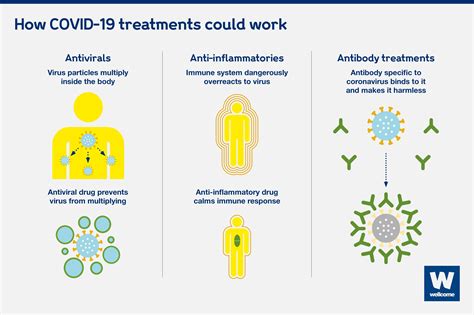
The treatment of COVID-19 has evolved significantly since the pandemic began, with a range of therapies and interventions developed to manage symptoms, prevent complications, and reduce mortality. These treatments include antiviral medications, corticosteroids, and supportive care such as oxygen therapy and ventilation support. In severe cases, patients may require hospitalization and intensive care, highlighting the importance of access to quality healthcare services.
Antiviral Medications
Antiviral medications have been a crucial component of COVID-19 treatment, with several drugs shown to be effective in reducing viral load, preventing transmission, and improving outcomes. These medications can be used alone or in combination, depending on factors such as disease severity, viral strain, and patient characteristics. Ongoing research aims to develop new antiviral therapies and optimize existing treatments to improve patient outcomes.Covid 2024 Prevention Update
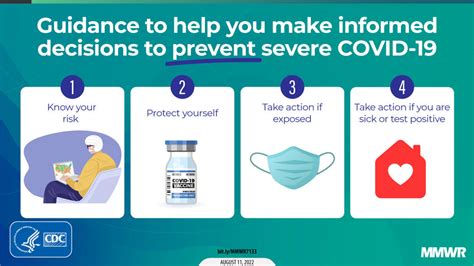
Prevention is a critical aspect of the COVID-19 response, with a range of strategies and interventions developed to reduce transmission, prevent illness, and protect vulnerable populations. These strategies include vaccination, masking, social distancing, and hygiene practices such as handwashing and surface cleaning. By combining these approaches, individuals and communities can significantly reduce their risk of infection and help mitigate the spread of the virus.
Masking and Social Distancing
Masking and social distancing have been essential components of the COVID-19 prevention strategy, with these measures shown to be effective in reducing transmission and preventing illness. Masks can help filter out respiratory droplets and prevent airborne transmission, while social distancing can reduce contact with infected individuals and contaminated surfaces. By adopting these practices, individuals can protect themselves and their loved ones, while also contributing to the broader public health effort.Covid 2024 Outlook
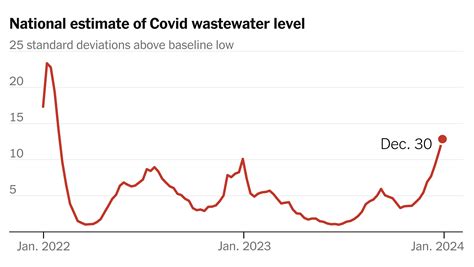
As we look to the future, it's clear that COVID-19 will continue to be a significant public health challenge, with ongoing transmission, mutation, and adaptation of the virus. However, by staying informed, adopting preventive measures, and supporting ongoing research and development, we can work towards a future where COVID-19 is no longer a major threat to global health and wellbeing. This will require continued international cooperation, investment in healthcare infrastructure, and a commitment to evidence-based policies and practices.
Global Cooperation
Global cooperation has been a critical component of the COVID-19 response, with countries and organizations working together to share knowledge, develop new treatments, and coordinate public health efforts. This cooperation has been essential in addressing the pandemic's global dimensions, from vaccine distribution to economic support and humanitarian aid. By building on these partnerships and strengthening international collaboration, we can create a more resilient and equitable global health system that's better prepared to face future pandemics and health crises.Covid 2024 FAQs
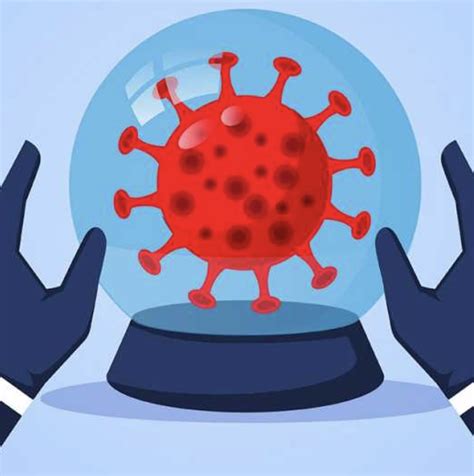
What are the common symptoms of COVID-19?
+Common symptoms of COVID-19 include fever, cough, fatigue, and shortness of breath. In severe cases, symptoms can include pneumonia, acute respiratory distress syndrome, and even death.
How is COVID-19 transmitted?
+COVID-19 can be transmitted through respiratory droplets, contact with contaminated surfaces, and even airborne transmission in certain circumstances.
What are the most effective prevention strategies for COVID-19?
+The most effective prevention strategies for COVID-19 include vaccination, masking, social distancing, and hygiene practices such as handwashing and surface cleaning.
As we continue to navigate the complexities of the COVID-19 pandemic, it's essential to stay informed, adapt to new developments, and support ongoing research and public health efforts. By working together and prioritizing evidence-based approaches, we can build a stronger, more resilient global community that's better equipped to face the challenges of COVID-19 and future pandemics. We invite you to share your thoughts, questions, and concerns about COVID-19 in the comments below, and to explore our other resources and articles for more information on this critical topic. Together, we can create a brighter, healthier future for all.
